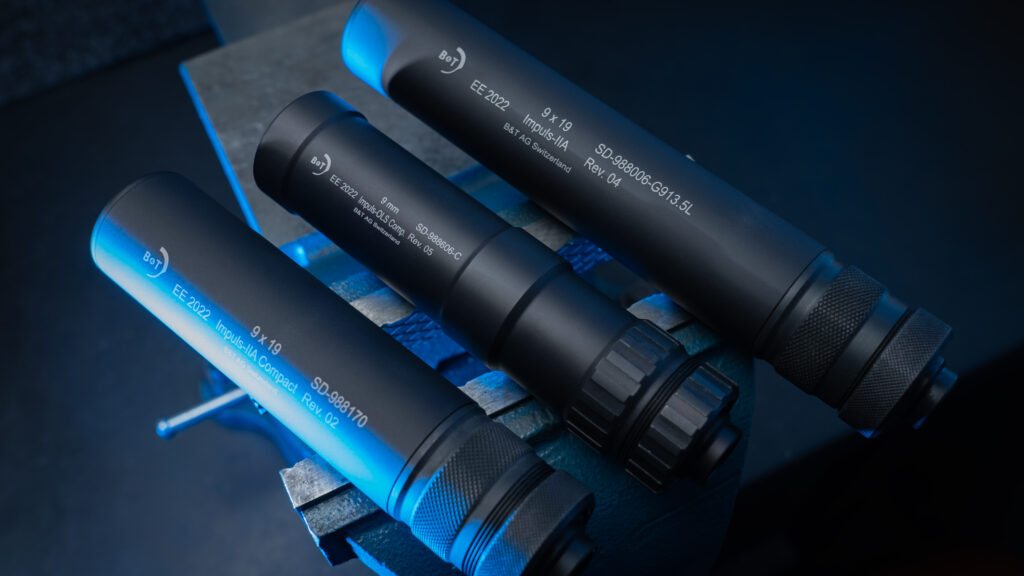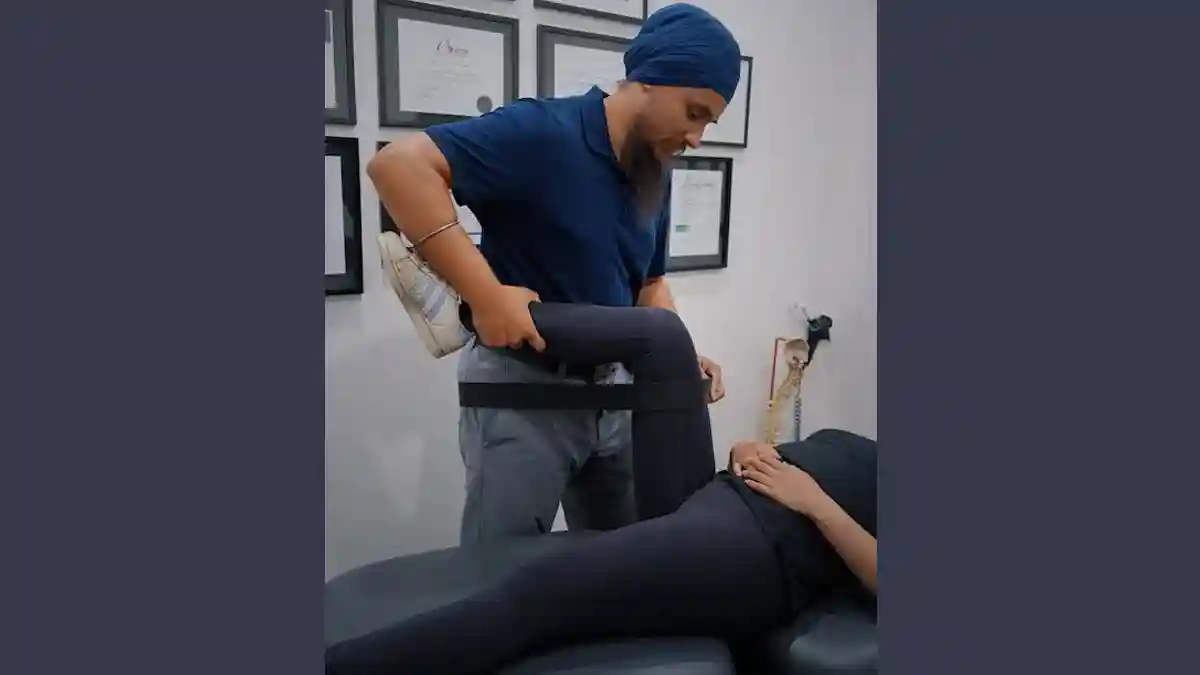
The largest professional organization representing ear, nose, and throat doctors in the United States endorsed gun silencers last year, ostensibly as a way to prevent hearing loss caused by loud gunfire.
But the endorsement appears to be a fig leaf attempting to lend a veneer of credibility to the pro-gun lobby’s push for deregulation of silencers, also known as suppressers. As the U.S. continues to grapple with gun violence and remains logjammed in the fractious debate over gun rights and civic responsibilities, medical societies that seek to meaningfully inform public opinion or policy on guns and their intersection with health must — first and foremost — consider their obligation for scientific and ethical integrity.
Advertisement
Position statements from the American Academy of Otolaryngology-Head and Neck Surgery are usually rooted in science and serve to guide doctors, the general public, and government and nonprofit partners on ear, nose, and throat health-related issues. Unfortunately, in this case, seven surgeons — all “shooters and avid Second Amendment supporters,” according to one of them — were able to push through a position statement representing the organization, which has about 13,000 members.
The data that the group cited to support its endorsement of gun silencers are highly problematic. For example, the statement asserts that the “only potentially effective noise control method” against the sound from gunshots relies on silencer use, quoting from a report by Lilia Chen and Scott E. Brueck for the National Institute for Occupational Safety and Health from 2011. But the actual NIOSH report makes clear that this assertion is not backed by any evidence-based research.
The position statement also relies on a study that suggests that silencers may reduce gunfire noise by up to 30 decibels. However, the statement fails to acknowledge that the degree of reduction in noise and extent of exposure to loud gunfire may vary substantially depending on the type of silencer and the conditions.
Advertisement
In fact, other studies — ignored by the academy — found that gun silencers may be insufficient in reducing exposure to potentially harmful gunfire noise.
The position statement also turns a blind eye to more comprehensive hearing protection approaches highlighted by the National Hearing Conservation Association Task Force. Those recommendations include the the potential role of gun silencers — along with use of properly fitting hearing protection devices, hearing-loss testing for gun owners, and consideration of the choice of caliber and ammunition, the shooting environment, and the number of shots fired.
A well-sourced and data-driven statement would have offered similarly comprehensive guidance on this issue. Instead, the group chose to present a skewed view that inappropriately elevates gun silencers as the primary solution for hearing loss prevention among firearm users.
In its failure or unwillingness to acknowledge these complementary strategies, by ignoring the concerns regarding variability in noise reduction from the use of gun silencers, and the poor quality of research on this issue, the professional ENT organization has ceded its credibility. This stance calls into question the process by which such position statements are vetted for scientific merit.
Most importantly, this position statement misinforms its audience about the assumed safety and utility of gun silencers, and poorly advises any emerging legislative measures that may rely on the position statement.
In these times of heightened political tensions and declining trust in experts, organizations must hold themselves to the highest standard for scientific rigor. Policy recommendations that may inform public health decisions and individual choices must be scientifically sound, must serve the common good, and should be presented in the proper context. A position statement that invites assumptions of partisan bias and that seeks to advance a political agenda is not acceptable.
Unsurprisingly, this position statement was amplified and celebrated by gun rights activists, including some who promoted this policy from inside the academy’s leadership circles. And yet, there has been no meaningful public pushback since the publication of the troubling position statement last November. Whether intentionally or unwittingly, the organization that represents America’s ENT doctors has waded into political waters and now seemingly stands ready to offer a free assist to the pro-gun lobby in their efforts to exempt silencers from any regulatory oversight.
Advertisement
Predictably, several congressional legislative proposals endorsing silencers have emerged (such as the Hearing Protection Act) that masquerade as vehicles for promoting hearing health. While the bill text does not explicitly reference the AAOHNS position statement, one of the surgeons who proposed the position statement later wrote, “In the legislative hearings likely to come, as the HPA is newly debated, the AAO-HNS’s wise endorsement of suppressors will be powerful supporting evidence.”
These measures are a creative end run to expand access to gun silencers and eliminate existing lawful requirements for purchaser verification and registration of silencers with the Bureau of Alcohol, Tobacco, Firearms and Explosives. In fact, the Republican lawmakers tried to include legislative language on such exemptions in the recently passed tax and spending bill, but the Senate parliamentarian determined that it had to be removed under rules that govern the reconciliation process. However, the final version of the bill did end up cutting a $200 tax on silencers.
Firearm safety, including hearing preservation, is incredibly important for law enforcement and military professionals, and for those who may rely on firearms for hunting and recreational use, and for our communities. The regulatory environment around firearms and related accessories, including silencers, may be influenced by a variety of political and cultural factors. However, the top organization representing ENT doctors should not be complicit in cloaking the political interests of groups that favor the deregulation of silencers.
The American Academy of Otolaryngology-Head and Neck Surgery must retract its own position statement. Anything less will betray the trust placed in the academy that represents and reflects the integrity of ENT doctors across North America, the patients and communities they serve, and the principles that have been its North Star for more than a century.
Aru Panwar is a head and neck cancer surgeon and a member of the American Academy of Otolaryngology-Head and Neck Surgery. The views expressed are the author’s personal views and do not represent the views of the American Academy of Otolaryngology–Head and Neck Surgery or any other affiliated organization.



